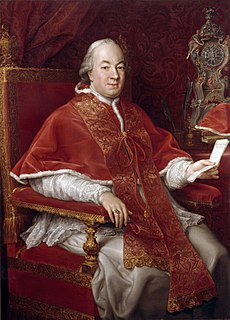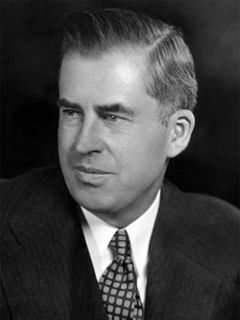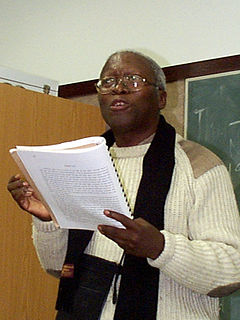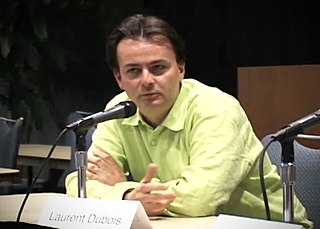A Quote by Pope Pius VI
In fact, after having abolished the monarchy, the best of all governments, [the French Revolution] had transferred all the public power to the people - the people... ever easy to deceive and to lead into every excess
Related Quotes
You can understand Tunisia revolution as a failure to censor the internet. And Libya had that failure too. It's very difficult for governments that are autocratic and don't have broad popular support to be in power when a lot of people have these devices. That was what Arab Spring was about, that people could express this and lead to revolution.
In comparison to the French Revolution, the American Revolution has come to seem a parochial and rather dull event. This, despitethe fact that the American Revolution was successful--realizing the purposes of the revolutionaries and establishing a durable political regime--while the French Revolution was a resounding failure, devouring its own children and leading to an imperial despotism, followed by an eventual restoration of the monarchy.
It was a real revolution. But with one missing feature. That is the feeling in a people that "We have done it once, and if the new lot let us down, we can do it again!" It was that proud, menacing confidence which made the French revolution special. But it's not around in 21st-century Europe. After 1989, the people handed over liberty to the experts. Will they ever want it back?
Power to the people' can only
be put into practice when the power exercised by social elites is
dissolved into the people. Each individual can then take control of
his daily life. If 'Power to the people' means nothing more than
power to the 'leaders' of the people, then the people remain an
undifferentiated, manipulatable mass, as powerless after the revolution as they were before. In the last analysis, the people can never
have power until they disappear as a 'people.
What is the cause of historical events? Power. What is power? Power is the sum total of wills transferred to one person. On what condition are the willso fo the masses transferred to one person? On condition that the person express the will of the whole people. That is, power is power. That is, power is a word the meaning of which we do not understand.
The Open Market Committee, as presently established, is plainly not in the public interest. This committee must be operated by purely public servants, representatives of the people as a whole and not any single interest group. The Open Market Committee should be abolished, and its powers transferred to the Federal Reserve Board - the present public members of the committee, with reasonably short terms of office.
The obvious types of American fascists are dealt with on the air and in the press. These demagogues and stooges are fronts for others. Dangerous as these people may be, they are not so significant as thousands of other people who have never been mentioned. The American fascist would prefer not to use violence. His method is to poison the channels of public information. With a fascist the problem is never how best to present the truth to the public but how best to use the news to deceive the public into giving the fascist and his group more money or more power.
All black people who are even minimally conscious, black people who have ever experienced Europe's technological power crusading in the vanguard of a civilizing mission, have profound feelings of inferiority and bitterly regret the fact that the Industrial Revolution did not agreeably commence in Dahomey or Dakar. Nothing is achieved by concealing this fact.
The transformations of the French empire itself or of French power structures themselves as well as the emergence of a kind of language of equal rights starting with the American Revolution and the French Revolution provided an opportunity and in some ways connected with other kinds of ground level desires or hopes and ideologies for freedom that were coming out of the plantation regime itself.
































